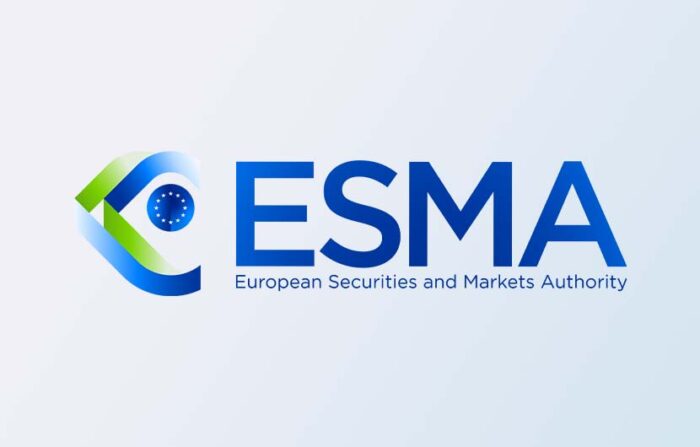On Monday, the European Securities and Markets Authority (ESMA) announced a proposal limiting the circumstances under which crypto companies based outside the European Union (EU) can directly serve customers within the EU. This move is aimed at preventing unfair competition.
EU Reiterates Tough Limits on Crypto Firms Without a Base in the Bloc

The EU established the first extensive crypto market regulations globally last year, known as the Markets in Crypto-Assets (MiCA), a significant step in regulating an online sector where enforcing national boundaries has been challenging.
The latest EU guidelines detail how non-EU crypto firms and regulators should adhere to MiCA when seeking to provide services directly to EU customers rather than operating from within the EU.
ESMA’s statement clarified that under MiCA, the provision of crypto-asset services by a firm outside the EU is restricted to instances where the client initiates the service exclusively.
This client-driven approach, known as ‘reverse solicitation,’ is also present in other EU financial regulations. Recently, EU policymakers have emphasised this approach, encouraging foreign firms to establish branches or subsidiaries within the EU.
ESMA emphasised that this exemption should be interpreted narrowly and considered an exception. The proposal is open for public consultation until the end of April, with the final version expected by the end of 2024.
Don’t miss out the latest news, subscribe to LeapRate’s newsletter
ESMA and EU national regulators have expressed their commitment to actively safeguard EU-based investors and crypto-asset service providers compliant with MiCA from undue interference by entities outside the EU that do not comply with MiCA.
Furthermore, ESMA stated that any solicitation of business within the EU by a non-EU firm, such as conducting a marketing campaign, is prohibited. Non-EU firms cannot use the exemption to offer additional services beyond the original transaction unless they are within the same context.
In addition to these guidelines, ESMA proposed a second set of guidelines defining the conditions under which a crypto asset could be considered a “financial instrument,” similar to stocks or bonds. As such, these assets would also fall under the separate MiFID regulations of the EU.